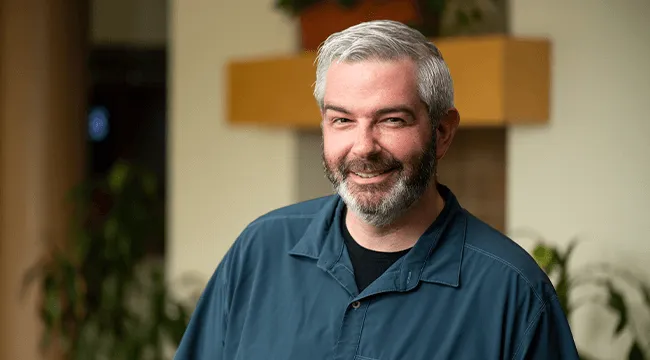University of Vermont epidemiologist Thomas Ahern, Ph.D., M.P.H., associate professor of surgery and biochemistry, commented in a ScienceInsider article on a National Institutes of Health (NIH) policy tweak to the ban on foreign “subawards” that should allow clinical trials worldwide to continue.
The NIH has softened a controversial change to its foreign funding policy that had put many clinical trials abroad in limbo. An alternative payment scheme announced this week could allow those studies to continue.
The NIH announced it will no longer allow foreign “subawards”—money for scientists abroad carved out of a “prime” grant held by a U.S. principal investigator. Instead, the subawards must be converted to awards made directly to the foreign partner, who would have to submit their own grant proposals. As a temporary measure, NIH grants staff can convert the subawards within these projects to special “supplements” to the main grant that will go directly to the foreign collaborator.
Ahern, whose breast cancer research relies on a Danish cancer registry holding human health data and tumor specimens, said he’s optimistic his collaborators can get the special supplement. “I’ve been walking around with toes and fingers crossed. We can’t do this [research] well anywhere outside of Denmark. It is a truly unique resource for the question we’re trying to answer,” he says.
